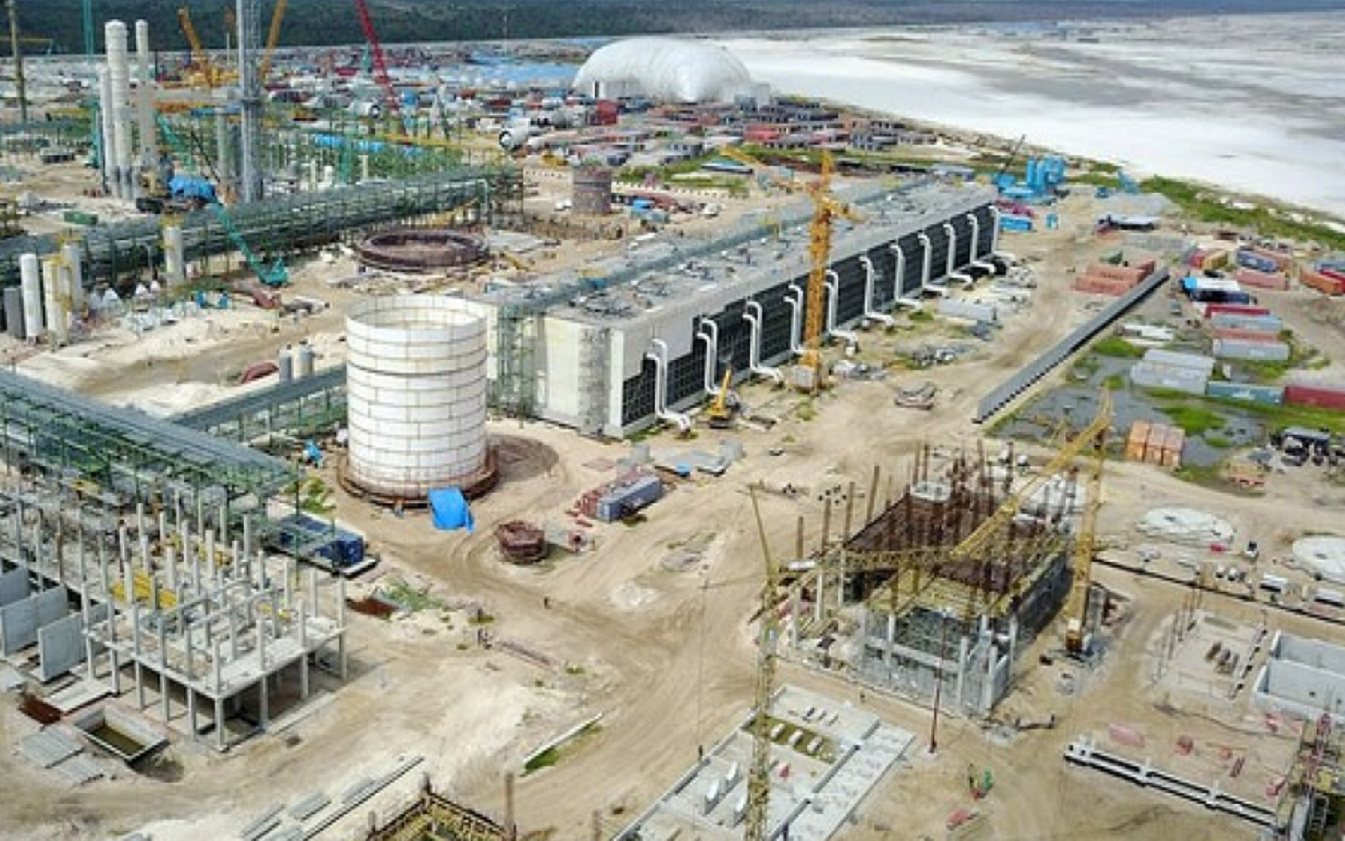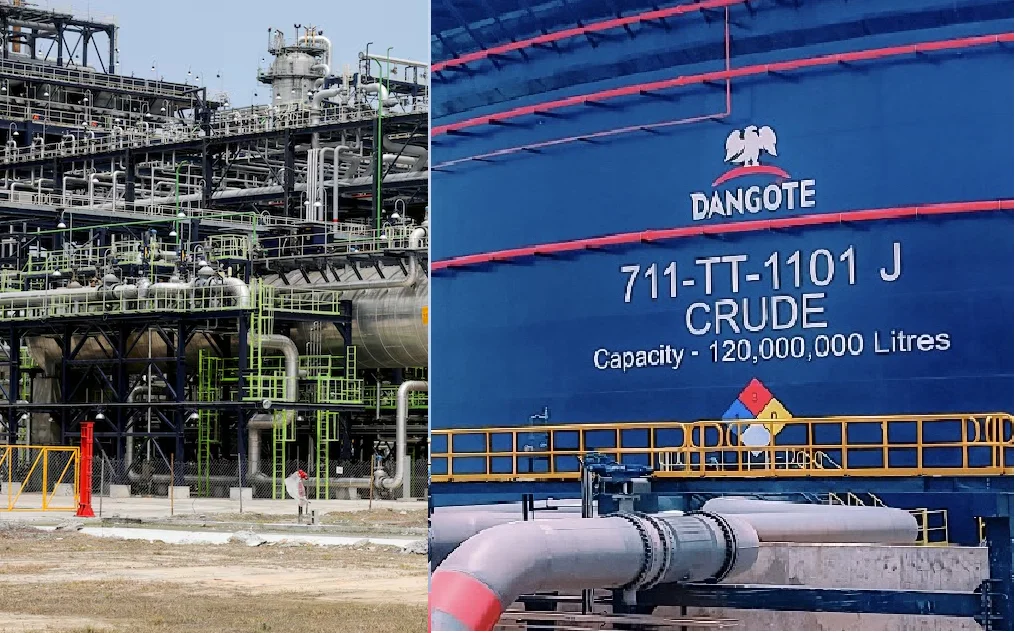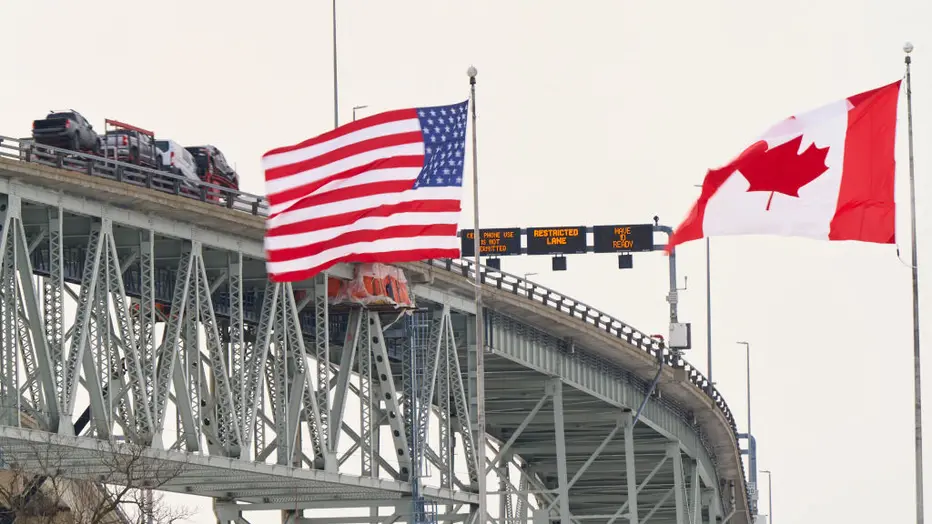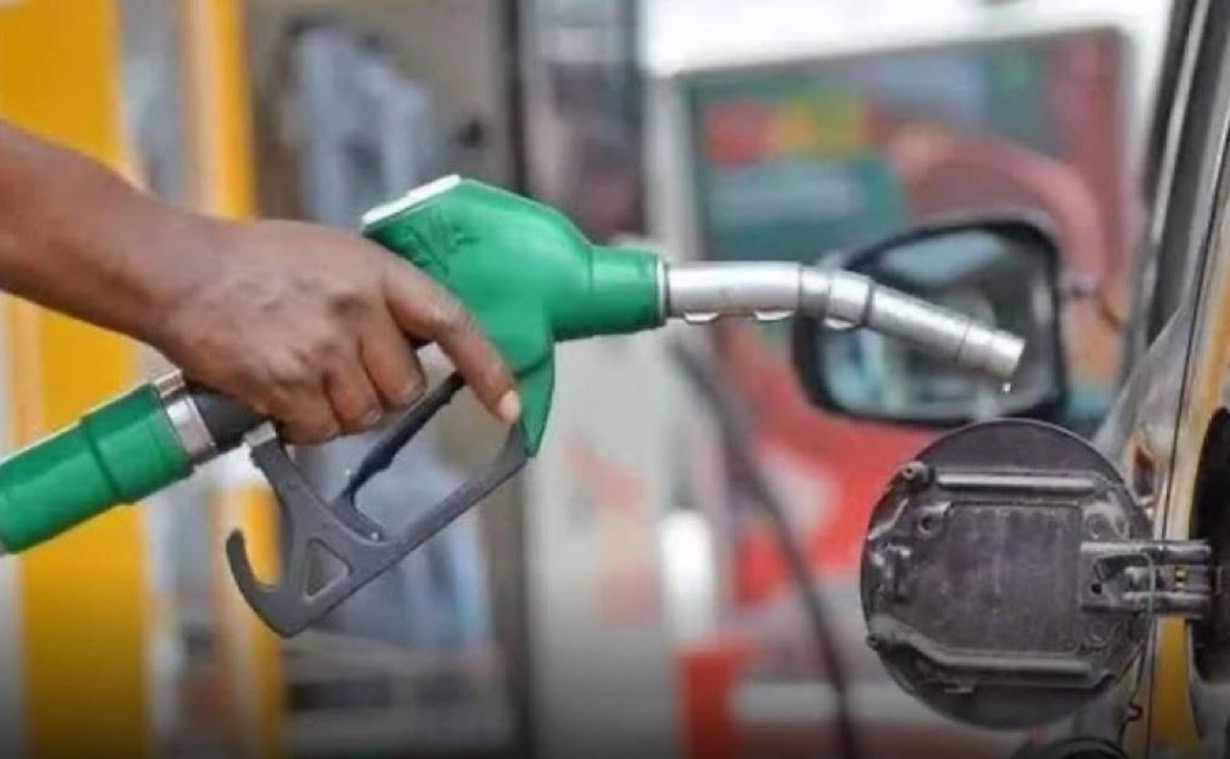What’s Happening?
The Nigerian government is gearing up for a high-stakes meeting to salvage the Naira-for-crude oil deal with Dangote Refinery. This comes after the refinery abruptly suspended petroleum product sales in Naira, sparking concerns over fuel price stability and crude oil availability.
The meeting, scheduled for Monday, will bring together key stakeholders to address the growing tension between the Nigerian National Petroleum Company Limited (NNPCL) and Dangote Refinery. The outcome could have far-reaching implications for Nigeria’s fuel market and the economy at large.

Why the Sudden Suspension?
Dangote Refinery’s decision to halt Naira sales of petroleum products has raised eyebrows. Sources suggest the move stems from a stalemate in negotiations with NNPCL over the continuation of the Naira-for-crude agreement.
But here’s the twist: NNPCL is reportedly grappling with a crude oil availability crisis. Why? Because the state-owned firm has already pre-sold large volumes of crude to foreign creditors as part of crude-backed loans. This has left little room for domestic deals, putting the Naira-for-crude policy at risk.
What’s at Stake?
The Naira-for-crude deal was designed to stabilize the local currency and ensure a steady supply of petroleum products by allowing Dangote Refinery to buy crude oil in Naira instead of dollars. If the deal falls through, it could lead to:
- Fuel price hikes: Disruptions in supply could drive up prices at the pump.
- Economic instability: A weakened Naira and uncertainty in the oil sector could ripple through the economy.
- Reliance on imports: Nigeria might have to depend more on imported petroleum products, which could further strain foreign reserves.
What’s Next?
The committee, which includes heavyweights like the Minister of Finance, Wale Edun, and the Executive Chairman of the Federal Inland Revenue Service, Dr. Zacch Adedeji, is working to find a solution. The Nigeria Upstream Petroleum Regulatory Commission has been tasked with proposing options to address the crude availability issue.
Industry players are already bracing for potential disruptions. Billy Gillis-Harry, National President of the Petroleum Products Retail Outlet Owners Association of Nigeria, hinted that members are exploring alternative sources of petroleum products. Meanwhile, Hammed Fashola, President of the Independent Petroleum Marketers Association of Nigeria, has called on the government to intervene and save the Naira-for-crude policy.
Why This Matters to You
If you’re a Nigerian driver, business owner, or just someone who relies on affordable fuel, this situation hits close to home. The outcome of Monday’s meeting could determine whether fuel prices remain stable or skyrocket. It’s a classic case of high-level decisions impacting everyday lives.
The Bigger Picture
This isn’t just about fuel prices; it’s about Nigeria’s economic stability. The Naira-for-crude deal was a strategic move to reduce dependency on foreign currency for crude oil transactions. By allowing Dangote Refinery to purchase crude in Naira, the government aimed to strengthen the local currency and ensure a steady supply of petroleum products.
However, the current impasse highlights the challenges of balancing domestic needs with international financial obligations. NNPCL’s pre-sold crude volumes to foreign creditors have created a bottleneck, leaving little room for domestic deals. This has put the Naira-for-crude policy in jeopardy, raising questions about the sustainability of such agreements.
Industry Reactions
The suspension of Naira sales by Dangote Refinery has sent shockwaves through the industry. Billy Gillis-Harry, National President of the Petroleum Products Retail Outlet Owners Association of Nigeria, stated that members are preparing for potential disruptions and are ready to seek alternative sources of petroleum products if necessary.
“The market is making preparations for any surprises. So, if there are surprises, we’ll have alternatives to go to,” he said.
On his part, Hammed Fashola, President of the Independent Petroleum Marketers Association of Nigeria, appealed for government intervention in the continuation of the Naira-for-crude policy in order to maintain the tempo of the petrol price template.
“I would like to advise the FG to look into the agreement with Dangote again to maintain the tempo of the prices of petroleum products,” he said.
What Can Be Done?
The upcoming meeting will focus on finding solutions to the crude availability issue and ensuring the continuity of the Naira-for-crude deal. The Nigeria Upstream Petroleum Regulatory Commission has been mandated to come up with options to address the crisis.
One possible solution could be to renegotiate the terms of the crude-backed loans to free up more crude for domestic use. Another option could be to explore alternative sources of crude oil to meet domestic demand.
Read also: “Fresh Fuel Price Hike Looms as Dangote Refinery Suspends Petrol Sales in Naira”
The Naira-for-crude deal is at a critical juncture, and the outcome of Monday’s meeting will be crucial in determining the future of fuel prices and the stability of petroleum product supply in Nigeria. As the government and industry stakeholders work to find a solution, the average Nigerian can only hope for a resolution that ensures affordable and stable fuel prices.
















Got a Questions?
Find us on Socials or Contact us and we’ll get back to you as soon as possible.